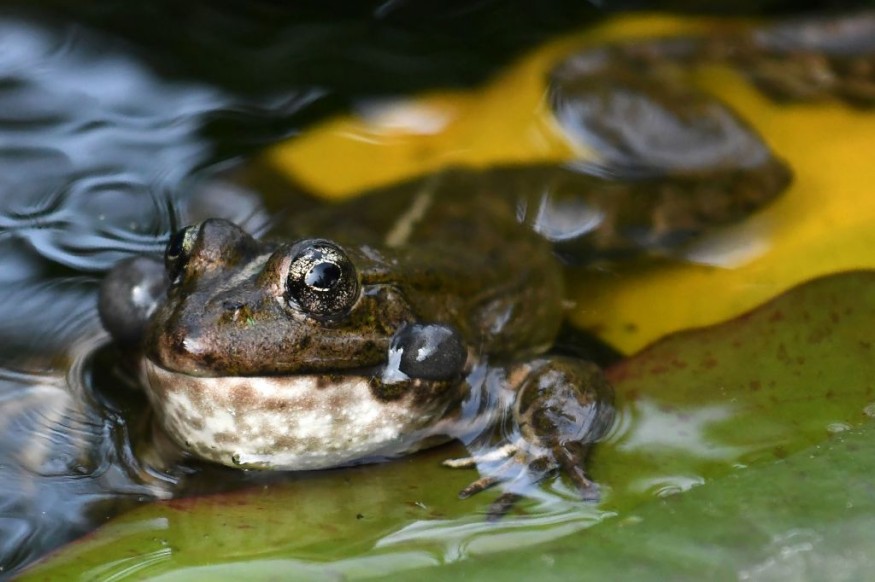
There have been confirmed sightings of African clawed frogs, one of the world's worst invasive species, in Washington's Issaquah, Lacey and Bothell.
State officials warn that the invasive species which can adapt to highly diverse environmental conditions - even in outer space - are eating and competing with local animals, CBS News reported. The predatory semi-aquatic frog native to sub-Saharan Africa reproduces so rapidly, double the population and range within 10 years, according to Washington Invasive Species Council (WISC).
State wildlife scientist Max Lambert said that the invasive amphibians were initially brought into the United States to be used in pregnancy tests and later became pets, although Washington made it illegal to own them.
Some who did not find liking in the frogs threw them in ponds which later on became hundreds.
Here Since 2015
First reported sighting of the African clawed frogs was in 2015 in King County and has littered in three other cities (Bothell, Issaquah, and Lacey) since then, "eating a lot of native insects, which are good forage food for our fishes and our amphibians," Lambert said. "They will eat tadpoles of our native salamanders, and they'll eat fish. We looked at some of their stomach contents - and they're full of baby fish."
Washington wildlife department believes that the frog populations were initially established from people dumping aquarium pets into ponds, which is a common practice with other aquatic invasive species.
They use their black, sharp claws "to shred food, which could be a decaying carcass, another frog species, fish, bird, snail, or anything else they can fit in their mouth," state officials say. As a matter of fact, these claws help them eat other frogs and fish that are bigger than them and tear their prey into smaller pieces.
At this time, there hasn't been any broad-scale, systematic survey to identify additional populations in the state but it is possible that the clawed frogs are prevalent elsewhere.
Harmful to Native Ecosystem
Trout Unlimited, a US non-profit organization dedicated to the conservation of freshwater streams and rivers, started trapping African clawed frogs in January and caught about 300 frogs. According to conservation volunteer Rebecca Lavier, about half of those have been found in the past few weeks which they believe could just be a fraction of the population.
By competing with native species for resources and even introducing harmful pathogens to native amphibian and fish populations, the African clawed frogs are harmful to native ecosystems. They also carry diseases and infestation in bodies of water.
"African clawed frogs have a long life span, an extended breeding season, and are prolific reproducers," according to the agency. "They can even survive severe drought and freezing conditions!" They can even survive in outer space.
In September 1992, four female African clawed frogs were launched aboard space shuttle and were injected with a hormone that caused egg production once they reached the orbit. The study shows that the frogs can reproduce in zero gravity.
© 2025 NatureWorldNews.com All rights reserved. Do not reproduce without permission.





